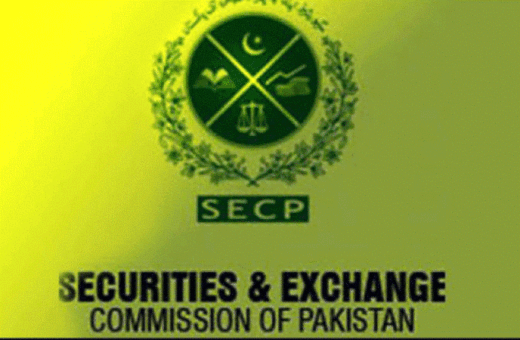KARACHI: Federal Board of Revenue (FBR) has granted duty, tax free import of cars to privileged personnel on first arrival in Pakistan.
According to Customs Rules 2001 the expression “privileged personnel” means all foreign experts, consultants or technicians visiting and resident in Pakistan under a proper Aid Agreement in which provision for the application of these Customs concessions has been made.
The expression includes only such personnel as are either directly in the employment of the foreign aid giving Government or Agency or who serve in Pakistan under contract or agreement with such Government or Agency and whose salaries and travelling expenses to and from Pakistan are paid by the foreign Government or Agency.
It does not include personnel in the employment of the Federal or Provincial Government.
The following customs concessions shall be extended to the privileged personnel, namely:-
Import free of custom duty and sales tax of articles for the personal use of the privileged person or members of his family forming part of his personal and household effects including one car per family on his first arrival in Pakistan.
The time limit for import will be six months, extendable by the Collector of Customs for a maximum period of 25[eighteen] months from the date of the arrival of the person concerned;
In addition to the above, a privileged person shall be allowed to import on payment of duty and taxes foodstuff and consumable stores including liquor and tobacco up to a C&F value of two hundred U.S.$ per month but the value of liquor will not exceed one hundred U.S.$ per month.
However, import of alcoholic beverages shall be subject to Import Policy Order.
Note: The privileged personnel may import the monthly quotas prescribed in clauses (a) and (b) of rule 39, for a maximum period of six months at a time.
Articles imported customs-duty and sales tax free shall normally be re-exported and shall not be sold or otherwise disposed of within Pakistan except with the prior approval of the Government or in terms of the regulations prescribed by the Government.
If any other durable articles such as air-conditioners, refrigerators, deep freezers, VCR ,DVD, washing machines, etc., are disposed of in Pakistan, customs-duty and sales tax, etc., shall be payable on the original value at the rate applicable to the goods in question at the time of import.
The privileged personnel shall be responsible for the payment of customs-duty and sales tax and other charges before parting with the articles; provided that no customs-duty and sales tax shall be payable if sold after three years from the date of import.
In order to avail of the concessions under this chapter , a privileged personnel shall furnish to the Customs authorities a certificate duly signed by the Administrative Ministry of the Government of Pakistan concerned both in respect of personal and household effects, etc., imported on first arrival and subsequent monthly imports of foodstuffs, consumable stores, liquors, and tobacco in accordance with the prescribed quotas.
The Administrative Ministry concerned shall verify that the conditions in the rules have been satisfied before issue of the certificate.
The Administrative Ministry shall also be generally responsible to ensure that all the other conditions as per this chapter have been satisfied between the time of arrival and departure of privileged personnel:
Provided that a foreign employee of an industrial venture shall be entitled to import free of customs-duties and other taxes food stuff (excluding alcoholic beverages) upto C&F value of one hundred US $ per month subject to the condition that he shall produce a certificate from his employer to the effect that he has been employed in his industrial venture in Pakistan for a specific year.
The monthly quota may be imported for a period of six months at a time.







